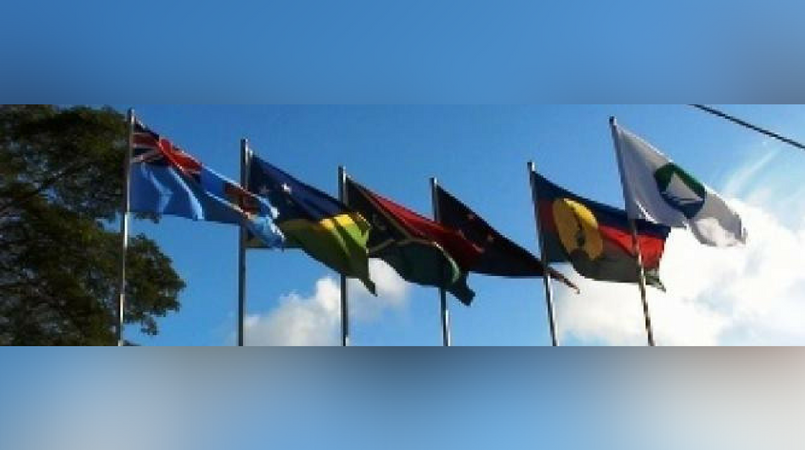
A new report by the National Research Institute (NRI) says there is room to increase labour mobility from Pacific Island Countries (PIC’s) to PNG.
The latest report titled ‘Why do few Pacific Islanders take advantage of opportunities in Papua New Guinea’s labour market?’ highlights some of the reasons affecting labour mobility for PIC’s to PNG and offers recommendations to address the issue.
The report reveals that although work permits issued to pacific islanders have increased in the last 10 years, it significantly remains low compared to the overall number of non-citizens working in PNG.
And despite the existence of labour mobility arrangements under three Pacific regional trade agreements – the Melanesian Spearhead Group, Pacific Island Countries Trade Agreement (PICTA) and Pacific Agreement on Closer Economic Relations (PACER Plus), none of these agreements has so far led to increased labour mobility.
The overall number of active work permits held by non-citizens as of May 2015 was 41,096, with China and the Philippines having well over 8,000 work permits issued.
511 foreign work permit holders were from PICs, which is equivalent to 1.2% of the total 41,096 active work permits held by non-citizens. Fiji had the highest with 413 work permits.
It is reported that most workers from the Pacific Islands are employed in managerial and professional occupation and are under-represented among technicians and trade workers.
The NRI reports highlights the following reasons for the lack of mobility:
- insufficient labour supply in the other PICs in PNG’s shortage areas;
- lack of economic integration in the region;
- a lack of a functioning regional or bilateral labour mobility scheme;
- the role of recruitment agencies;
- a lack of networks and reputation of Pacific Islanders in PNG;
- a lack of a qualifications recognition framework, and
- high travel costs and government considerations in PNG.
The reports further states that to improve labour mobility, the following key areas are recommended:
- the collection of labour market data;
- promoting the MSG SMS;
- increased efforts by Labour Departments; and
- the introduction of a preferential work permit scheme for Pacific Islanders in PNG.
The issue of labour mobility and the increasing number of noncitizens being granted work permits in the country has been a contentious issue on the country.
